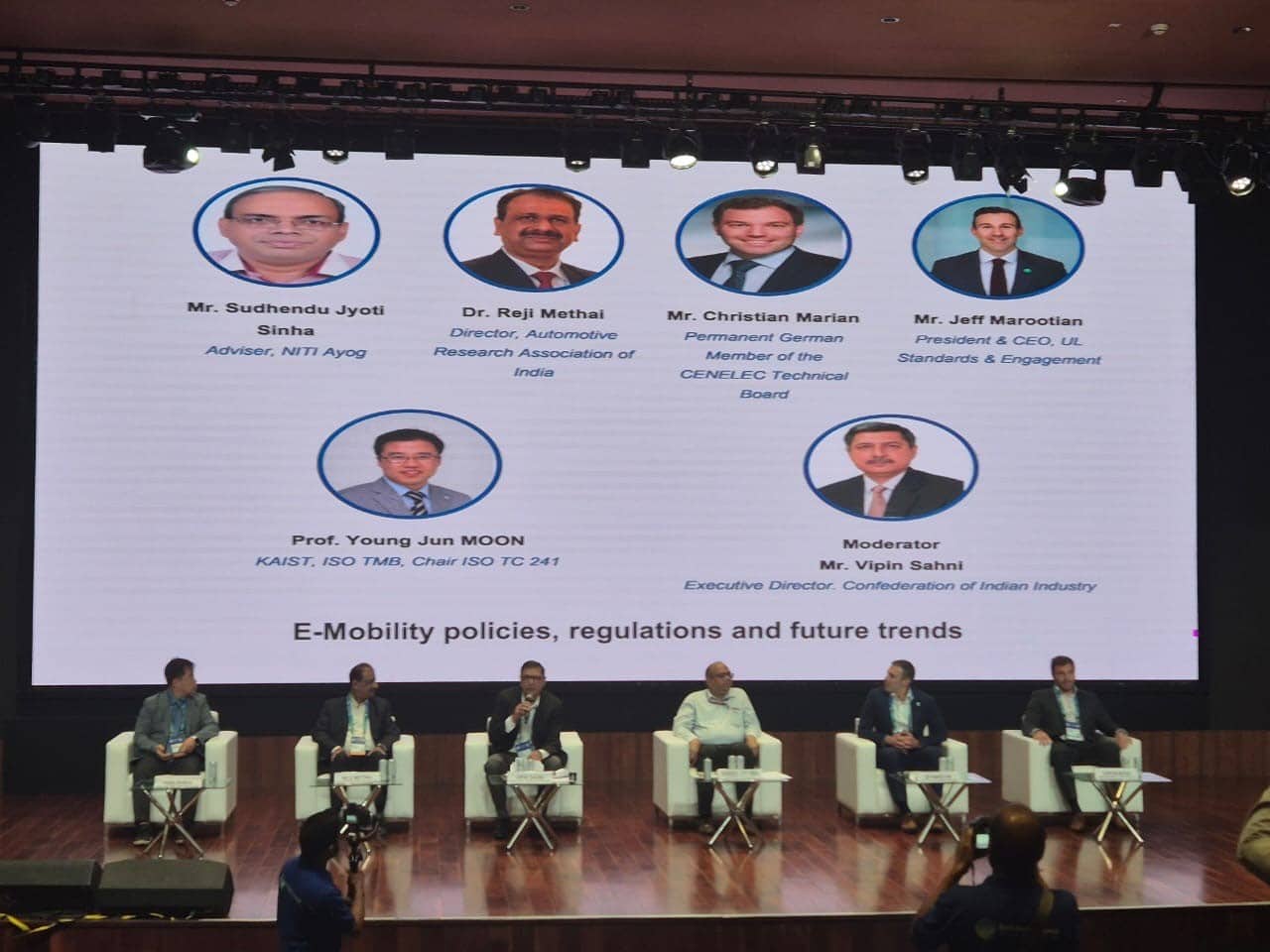Project: Fostering data protection and responsible IA compliance in Bolivia
Organization: Fundación InternetBolivia.org
Between January to July of 2025, the project “Fostering data protection and responsible AI compliance in Bolivia” has focused on laying the foundational groundwork to promote international standards—particularly those set by the European Union, such as the General Data Protection Regulation (GDPR) and the EU Artificial Intelligence Act—among Bolivian private entities and academic institutions.
This period was dedicated to the development of the guide to implement data protection and responsible AI practices in organizations. Additionally, we have initiated strategic partnerships with key stakeholders—including the United Nations Global Compact – Bolivia, the National Chamber of Commerce, PROCOSI (A network composed of 24 organizations working in health projects) startups, technology companies, and public and private universities—to facilitate the dissemination, adoption and implementation of these tools.
With the Guide elaborated, we held three public events to present it to different stakeholders on May 12, 14 and 16 in the cities of La Paz, Santa Cruz and Cochabamba, the main cities of Bolivia. After that, we developed a three-day online workshop on May 22, 23 and 24 to introduce the different stakeholders to the implementation of the Guide, so they could start using it.
Once that phase was completed, we carried out an assessment period to analyze the different organizations that participated in the online workshops and selected three of them, which were offered coaching and a certification on data protection and responsible AI.
Through these efforts, we aim not only to contribute to the safeguarding of digital rights in Bolivia but also to foster a culture of digital governance, ethical innovation, and responsible technological development.
Lessons Learned and Key Insights
From the implementation of the project, several lessons and insights were identified that can strengthen future initiatives in Bolivia and the region:
• High demand for practical tools in contexts without regulation: The Guide demonstrated to be a necessary and timely instrument in the Bolivian context, where the absence of a national data protection law creates uncertainty. Organizations showed interest in adopting technical standards voluntarily, which confirms the urgency of practical frameworks even without legal mandates.
• Thematic adaptation enhances relevance: Tailoring the content and coaching sessions to the specific needs of different sectors (startups, legal firms, civil society organizations in health) increased engagement and applicability. This sector-specific approach proved essential for ensuring ownership of the recommendations.
• Blended methodology maximizes impact: Combining virtual and in-person formats allowed for broader participation while maintaining technical depth in the accompaniment. The phased coaching approach (diagnosis, face-to-face, and follow-up) generated continuity and measurable progress within organizations.
• Strategic alliances expand legitimacy: The partnership with PROCOSI and the involvement of chambers of commerce, universities, and professional associations highlighted the importance of inter-institutional alliances. These collaborations gave credibility to the initiative and facilitated dissemination.
• Time constraints remain a challenge: While the coaching and certification process was successful, the limited operational timeframe restricted broader engagement. Extending the duration of future projects would allow for deeper institutionalization of practices.
• Capacity-building must remain continuous: The strong interest from participants underlines the need for sustained training programs. One-off sessions are valuable, but long-term impact requires continuous capacity-building, periodic evaluations, and the creation of communities of practice.
.





